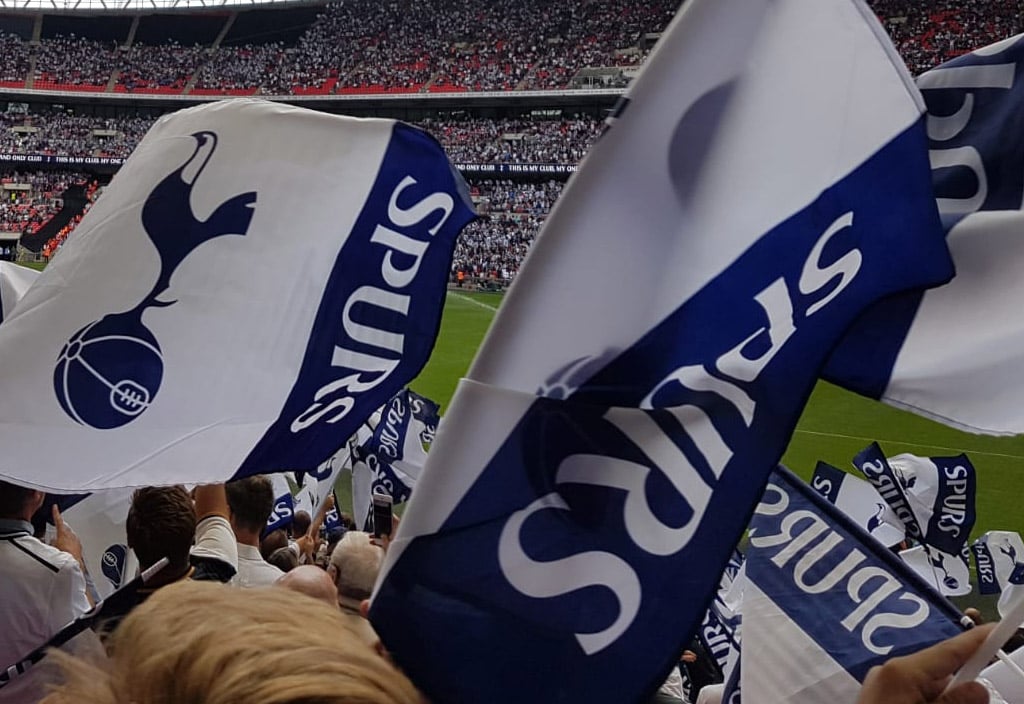TOTTENHAM will have to fork out £852MILLION in loan repayments to cover the cost of their new stadium. According to their latest set of accounts, the North Londoners must pay back the staggering su…

www.thesun.co.uk
The total repayment includes a whopping £215m in interest which puts the overall liability at just over £852m.
As well as using some of their own cash reserves, Spurs initially borrowed £637m from Goldman Sachs, Bank of America Merrill Lynch and HSBC to cover the stadium project.
But chairman
Daniel Levy refinanced £525m of that debt into a long-term bond scheme last September.
Official documents show the average length of all remaining stadium related loans - some of which run until 2050 - is 23 years with an interest rate of 2.66 per cent APR.
Figures in the latest accounts for
Tottenham Hotspur Stadium Ltd to 30 June 2019 show the club must pay back an average of £37m-a-year until 2042 to pay off the full amount.
However, the North Londoners have the option of making interest only payments for the first ten years of the arrangements.
To put the £37m figure into context, over the past five years prior to the most recent January transfer window Spurs have had a net transfer spend of approximately £21m-a-season.
But although the sums sound huge, the repayments will be more than manageable thanks to the huge increase in matchday revenue the new stadium has brought compared to old
White Hart Lane.
Spurs average around £5m-revenue-per-home-game in the new ground meaning their matchday takings look set to well exceed £100m-a-year for the foreseeable future.
These numbers are more than DOUBLE the £45.3m matchday revenue the club bagged in 2017 - the last season at their old stadium.
And that is without taking into account other hosted events like the NFL and Anthony Joshua's postponed fight with Kubrat Pulev which also bring in extra cash.
However, as a result, the current sporting blackout brought on by
Covid-19 is hitting Spurs hard as their business model relies heavily on such income.
Tottenham valued their impressive new home at £1.1billion in the latest accounts.











